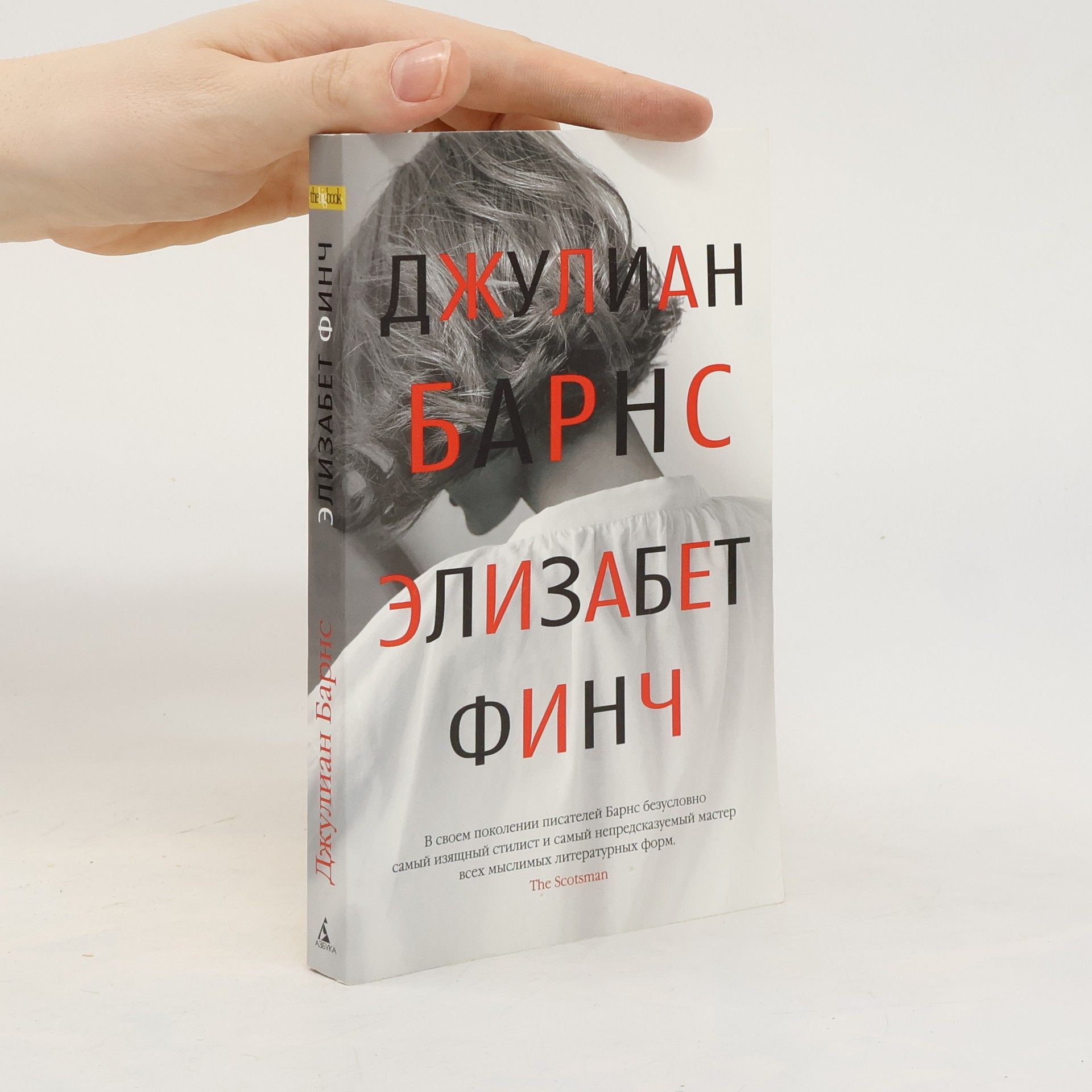Julian Barnes Book order (chronological)
Julian Barnes is a contemporary English writer whose works are often situated within postmodernism. His writing explores the complexities of memory, history, and identity through carefully constructed narratives and a distinctive, ironic style. Barnes masterfully weaves themes of loss, love, and the search for meaning into existentially resonant stories. His literary depth and stylistic skill make him a significant figure in contemporary British fiction.

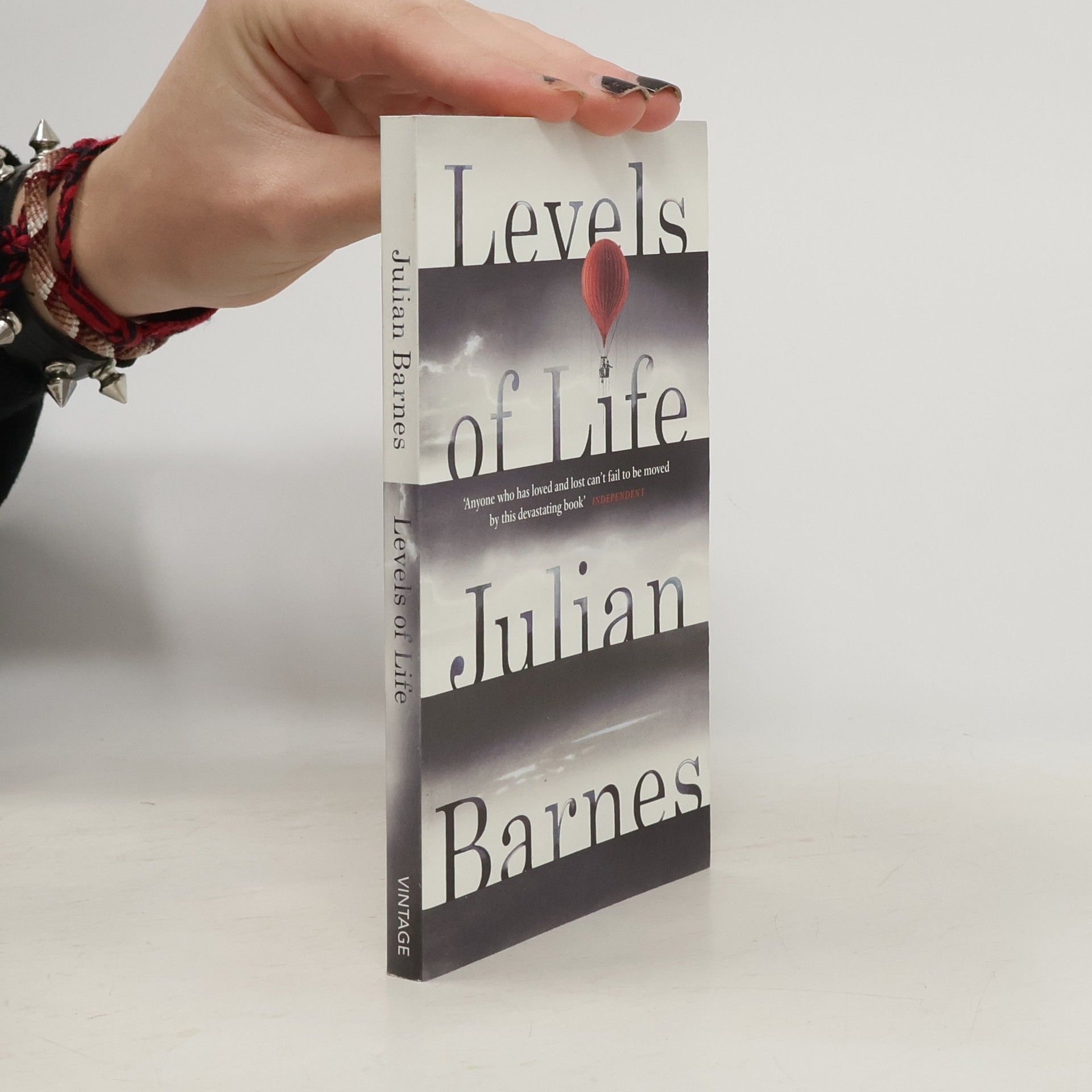
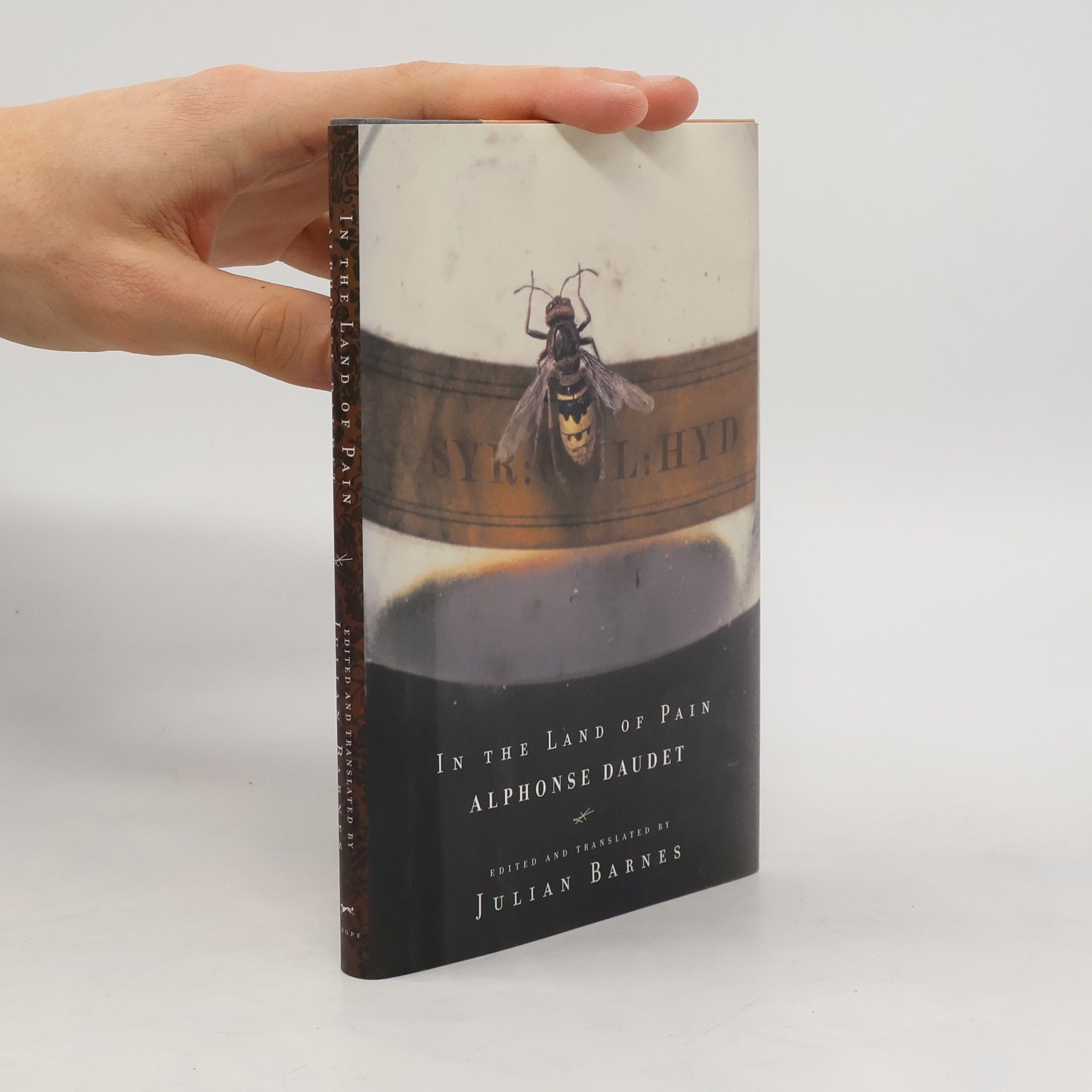
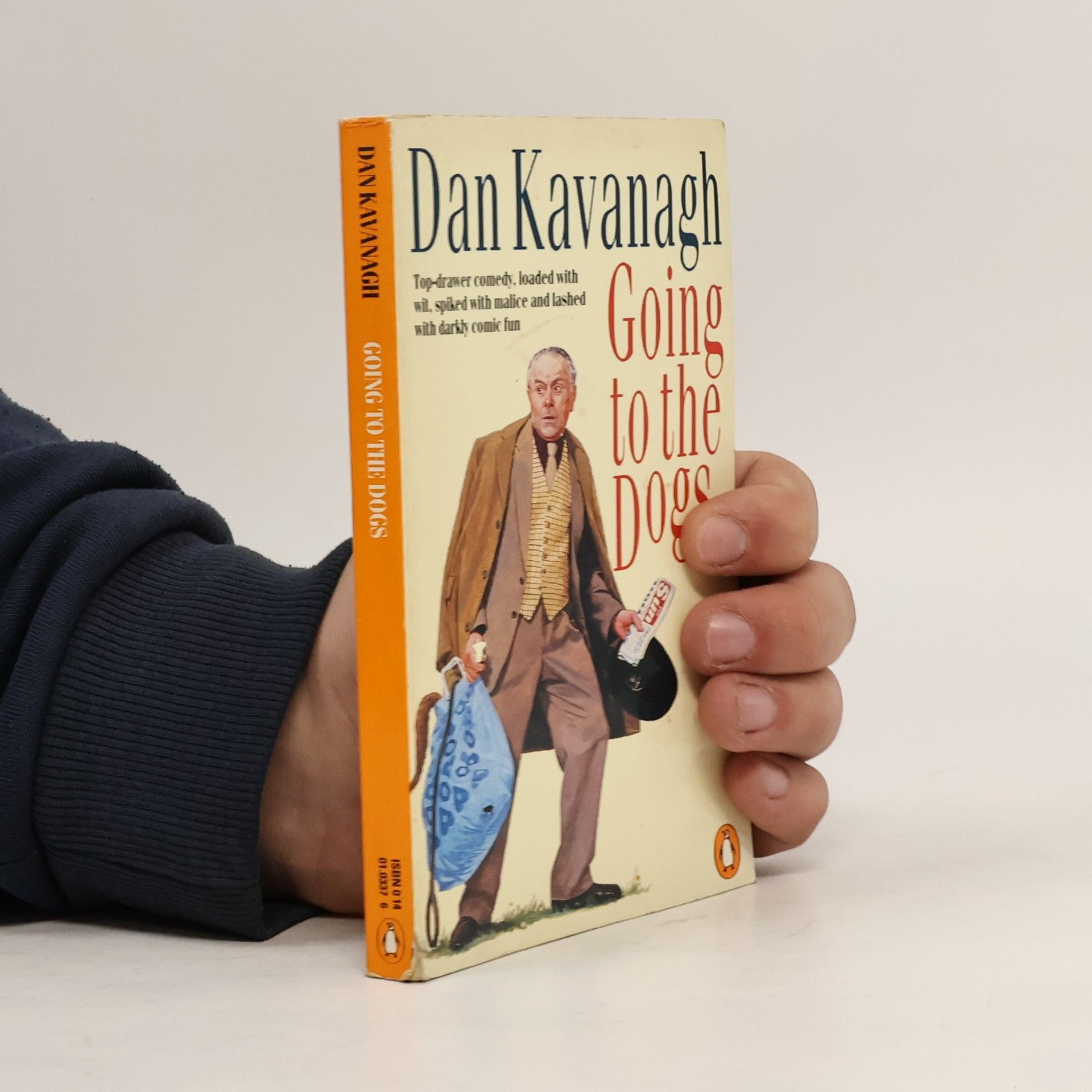

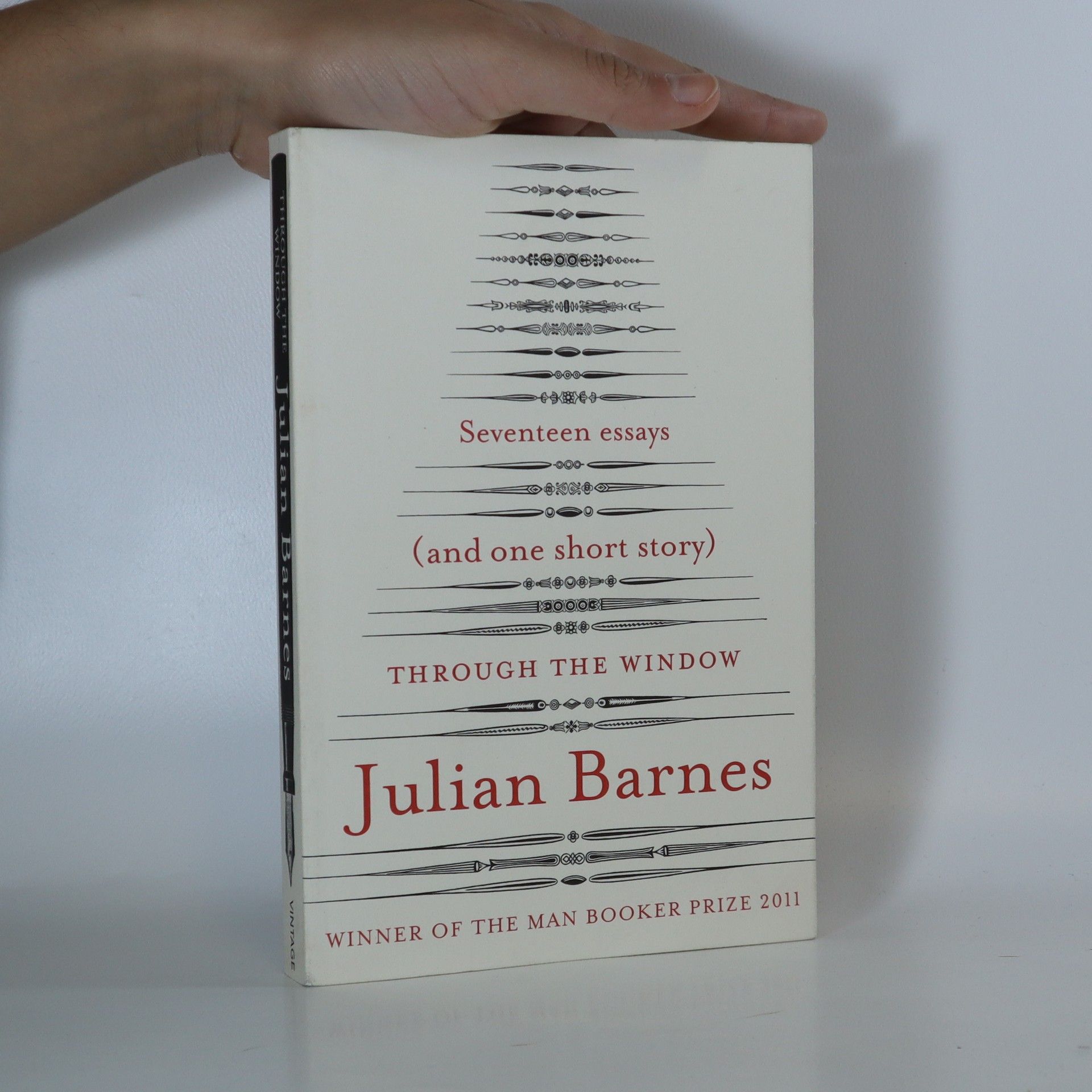

Changing My Mind
- 96 pages
- 4 hours of reading
Exploring the complexities of changing one's mind, Julian Barnes delves into how our perceptions shift regarding politics, literature, and personal memories. He examines the belief that such transformations signify growth and maturity, challenging the notion that change always leads to improvement. Through engaging essays, Barnes invites readers to reflect on the nature of belief and the factors that influence our evolving perspectives on various aspects of life.
Итак, познакомьтесь с Элизабет Финч. Прослушайте её курс «Культура и цивилизация». Она изменит ваш взгляд на мир. Для своих студентов-вечерников она служит источником вдохновения, нарушителем спокойствия, «советодательной молнией». И вот десятилетия спустя Нил (бывший актёр, неудавшийся ресторатор, «Король Заброшенных Проектов») разбирает её записные книжки, пытаясь найти ключ к неуловимому образу человека-загадки по имени Элизабет Финч — харизматичного, эксцентричного мыслителя, апологета методичности, точно знающего, в какой миг «история пошла не тем путём»: когда потерпел поражение Юлиан Отступник, последний языческий император Древнего Рима…
We'd like to introduce you to Elizabeth Finch. We invite you to take her course in Culture and Civilisation. Her ideas are not to everyone's taste. But she will change the way you see the world. 'The task of the present is to correct our understanding of the past. And that task becomes the more urgent when the past cannot be corrected.' Elizabeth Finch was a teacher, a thinker, an inspiration - always rigorous, always thoughtful. With careful empathy, she guided her students to develop meaningful ideas and to discover their centres of seriousness. As a former student unpacks her notebooks and remembers her uniquely inquisitive mind, her passion for reason resonates through the years. Her ideas unlock the philosophies of the past, and explore key events that show us how to make sense of our lives today. And underpinning them all is the story of J - Julian the Apostate, her historical soulmate and fellow challenger to the institutional and monotheistic thinking that has always threatened to divide us. This is more than a novel. It's a loving tribute to philosophy, a careful evaluation of history, an invitation to think for ourselves. It's a moment to reflect and to gently explore our own theories and assumptions. It is truly a balm for our times.
Adámek s otcom pozorujú lastovičky, ktoré odlietajú na druhý koniec sveta. Mohol by som sa dostať taky tak ďaleko, až budem veľký? pýta sa Adámek. Určite, a možno aj ďalej, hovorí otec. Ale čo keď padne noc, čo keď sa zdvihne veľký vietor? Čo keď sa stratím alebo sa budem cítiť osamelý? Jedna za druhou poodhaľujú Adámková otázky obavy z neznámej cesty, ktoré my dospelí hovoríme život. Otecko Adamov strach netlmí. Vysvetľuje, svojimi slovami mu dodáva odvahu a sebadôveru, aby sa nebál objavovať svet, aby hľadal krásu všade a vo všetkom, aby svoju loďku riadil po svojom a práve takou rýchlosťou, aká mu bude vyhovovať. Tatínkovy odpovede upokojujú, oslobodzujú a predovšetkým uisťujú chlapčeka o otcovom ničím neohrozene láske. Rovnako ako u Mám ťa rada a Mám ťa rád sestrička, jednoduché ilustrácie perfektne sprevádzajú silný, dojemný a pozitívne vzkaz deťom i dospelým. V úvode knihy sú opäť pripravené prázdne riadky, do ktorých môžu oteckovia napísať svojmu dieťaťu venovanie.
Hotel du Lac
- 192 pages
- 7 hours of reading
Into the rarefied atmosphere of the Hotel du Lac timidly walks Edith Hope, romantic novelist and holder of modest dreams. Edith has been exiled from home after embarrassing herself and her friends. She has refused to sacrifice her ideals and remains stubbornly single. But among the pampered women and minor nobility Edith finds Mr Neville, and her chance to escape from a life of humiliating spinsterhood is renewed ... Winner of the Booker Prize in 1984, �Hotel du Lac� was described by The Times as �A smashing love story. It is very romantic. It is also humorous, witty, touching and formidably clever�.
W kolejnej części bestsellerowej serii Miłość Archibald opowiada o swoim domu, który bardzo lubi, choć czasem go zostawia, żeby zobaczyć, jak mieszkają inni. Zawsze jednak z chęcią wraca - może jego dom nie jest największy ani najpiękniejszy, ale przecież nie o to chodzi
Keeping an Eye Open
- 384 pages
- 14 hours of reading
The updated edition of Julian Barnes' best-loved writing on art, with seven new exquisite illustrated essays'Flaubert believed that it was impossible to explain one art form in terms of another, and that great paintings required no words of explanation.
Książka uhonorowana nagrodą The Man Booker Prize! Są w życiu tajemnice, których lepiej nie znać. Anthony Webster, już na emeryturze, wspomina młodość, która przypadła na lata sześćdziesiąte dwudziestego wieku. Jednym z jego przyjaciół był nieprzeciętnie inteligentny Adrian Finn. Później jednak ich drogi się rozeszły, w czym istotną rolę odegrała pewna kobieta. Po latach Tony otrzymuje nieoczekiwany spadek. Próbując rozszyfrować motywy ofiarodawcy, poznaje tajemnicę, która już na zawsze zburzy jego dobre samopoczucie. Julian Patrick Barnes (ur. 1946) - światowej sławy wybitny pisarz brytyjski, laureat nagród literackich, tłumaczony na ponad 30 języków. Jest autorem wielu powieści, opowiadań i esejów. Powieść Poczucie kresu w 2011 roku otrzymała prestiżową nagrodą brytyjską The Man Booker Prize.
Kunst sehen
Erweiterte Neuausgabe mit 7 neuen Essays
Grandios erzählte Kunstgeschichten von Julian Barnes – in einer um sieben Essays erweiterten Taschenbuchausgabe. Ein Buch voller Kunstgeschichten: über Maler und ihre Exzentrik, über ihre Modelle, Musen, Bilder und Eskapaden. Ein Buch für Kenner und Laien gleichermaßen mit Texten über Delacroix, Courbet, Manet, Cézanne, Degas bis zu Lucian Freud. Mit der Malerei befasste sich Julian Barnes bereits in seinem berühmten Buch »Eine Geschichte der Welt in 10 ½ Kapiteln«, in dem er zum Beispiel Géricaults Bild »Das Floß der Medusa« und die grausame Geschichte des Schiffsbruchs beschrieb. Auch dieses Buch ist voller Geschichten. Über die Künstler und ihre Exzentrik, über die Modelle und deren oftmals kompliziertes Verhältnis zu ihren Malern, über Autoren, die sich mit den Malern beschäftigen. Durch Julian Barnes’ Kenntnisreichtum und durch sein Wissen um menschliche Schwächen und Laster entsteht eine Art erzählende Kunstgeschichte – lehrreich, unterhaltsam und überaus erhellend, und das nicht nur für Kunstkenner, sondern auch für Menschen, die nicht viel über Kunst wissen.


